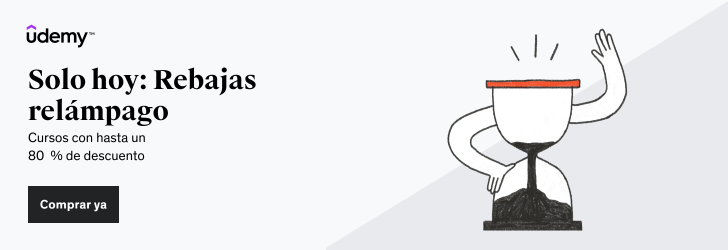Description
What you’ll learn
-
Foundations of Lean Thinking: Understand the core concepts of Lean, including its history, definition, and the value it brings to organizations.
-
Identifying and Reducing Waste: Explore the seven types of waste (overproduction, transportation, waiting, defects, motion, etc.) and learn strategies
-
Lean Tools and Techniques: Get hands-on experience with essential Lean tools like the 5S methodology, Kaizen, Visual Management, and Poka-Yoke.
-
Building a Lean Mindset: Discover how to foster a culture of continuous improvement within teams and organizations.
-
Understand the importance of standardization, the pull system, and how to create value-driven processes.
In today’s competitive business landscape, the ability to streamline operations, reduce waste, and enhance productivity is crucial for achieving sustainable success. This course, Mastering Lean Principles, is designed to equip you with the knowledge and tools needed to implement Lean methodologies effectively. Whether you’re a manager, business owner, or aspiring Lean practitioner, this course provides a step-by-step guide to understanding and applying Lean principles to optimize processes and drive continuous improvement.
Section 1: Introduction
The course kicks off with an overview of Lean principles and their significance in modern business environments. In Lecture 1, you will be introduced to the core concepts of Lean, setting the stage for a deeper exploration of waste reduction and value optimization strategies. This section sets the foundation for understanding how Lean can transform organizations by focusing on efficiency and customer value.
Section 2: What is Lean?
This section dives into the fundamentals of Lean methodology. You’ll explore what Lean is, supported by real-world examples that demonstrate its impact across various industries. Lectures cover the different types of Lean activities, the value concept, and how organizations can focus on value addition to enhance productivity. By the end of this section, you’ll have a solid grasp of the Lean framework and how it drives efficiency.
Section 3: Concept of Wastes
One of the core aspects of Lean is identifying and eliminating waste. In this section, you’ll learn about the seven types of wastes that hinder productivity, such as overproduction, transportation, waiting, defects, and motion. Through detailed discussions and examples, you will understand how each type of waste affects processes and discover strategies for waste minimization. Lectures 9 through 18 focus on not only identifying these wastes but also understanding their root causes to implement effective solutions.
Section 4: Lean – Waste Reduction Tools
The final section is all about practical tools and techniques for waste reduction. You’ll be introduced to powerful Lean tools such as 5S, KAIZEN, Visual Management, Standardization, Poka-Yoke (error-proofing), and the Pull System. The lectures will guide you through each tool, providing actionable insights on how to implement them in your organization. You’ll also learn about the Lean formula for success and the benefits of adopting Lean practices to improve efficiency and reduce costs.
Conclusion:
By the end of this course, you will have acquired a comprehensive understanding of Lean principles and waste reduction techniques. You will be equipped with practical tools to enhance productivity, streamline operations, and add value to your organization. Whether you’re looking to refine your operational processes or lead Lean initiatives in your team, this course offers a hands-on approach to mastering Lean management. Get ready to transform your business operations and drive continuous improvement with Lean strategies!
Who this course is for:
- Professionals Seeking Lean Methodologies: Project managers, operations managers, and team leaders who want to implement Lean principles to optimize workflows and reduce waste within their teams or organizations.
- Business Owners and Entrepreneurs: Individuals looking to streamline their business operations, enhance value for customers, and increase profitability through Lean strategies.
- Manufacturing and Production Managers: Those working in manufacturing environments who are focused on reducing inefficiencies, improving quality, and maximizing resource utilization.
- Students and Graduates: Individuals studying business, engineering, or management who wish to gain practical skills in Lean methodologies that are highly valued in various industries.
- Consultants and Change Agents: Professionals in the field of business consulting, process improvement, and organizational change who want to expand their toolkit with Lean principles and waste reduction techniques.






Reviews
There are no reviews yet.